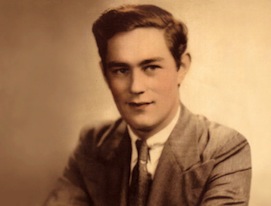The epilepsy patient Henry Molaison, known for most of the 20th century as H.M., is one of the most famous in neuroscience. His case played an important role in telling scientists about structures of the brain that are important for forming short-term and long-term memories.
To control H.M.’s epilepsy, neurosurgeon William Scoville http://www.raybandasoleit.com/ removed much of the hippocampi, amygdalae and nearby regions on both sides of his brain. After the surgery, H.M. suffered from severe anterograde amnesia, meaning that he could not commit new events to explicit memory. However, other forms of his memory were intact, such as short-term working memory and motor skills.
This classic case helps us understand the advances that neurosurgeons at Emory are achieving today. The surgeries now used to treat some medication-resistant forms of epilepsy are similar to what was performed on H.M., although they are considerably less drastic. Usually tissue on only one side of the brain is removed. Still, there can be cognitive side effects: loss of visual or verbal memory abilities, and deficiencies in the ability to name or recognize objects, places or people.
Neurosurgeon Robert Gross has been a pioneer in testing a more precise procedure, selective laser amygdalohippocampotomy (SLAH), which appears to control seizures while having less severe side effects. Neuropsychologist Daniel Drane reported at the recent American Epilepsy Society meeting on outcomes from a series of SLAH surgeries performed at Emory.




